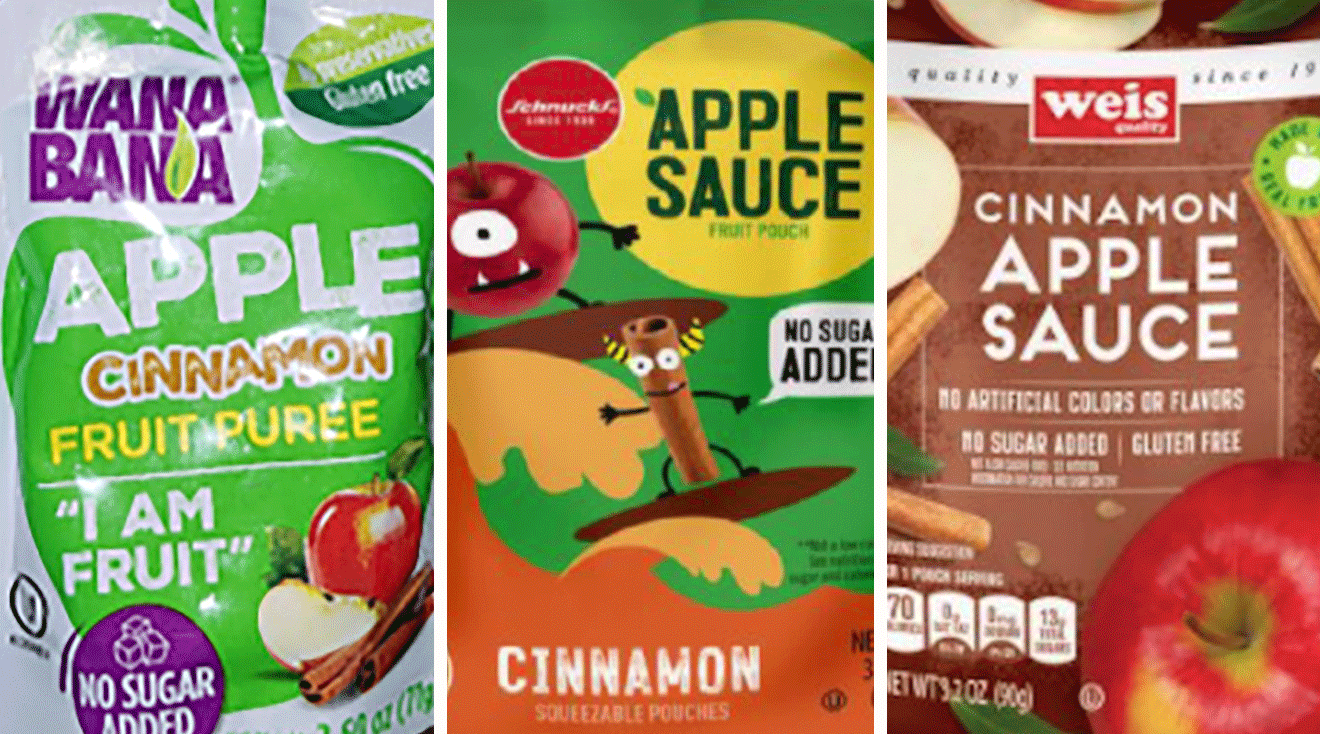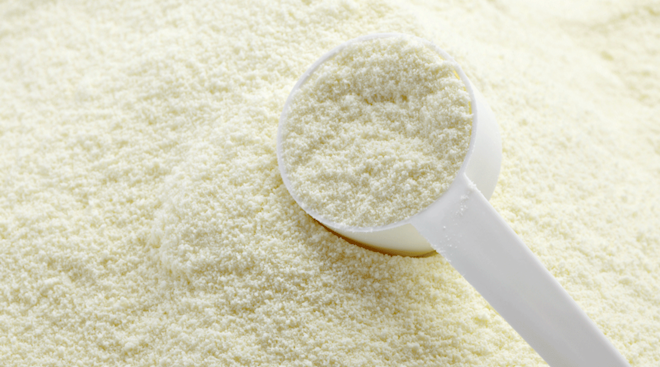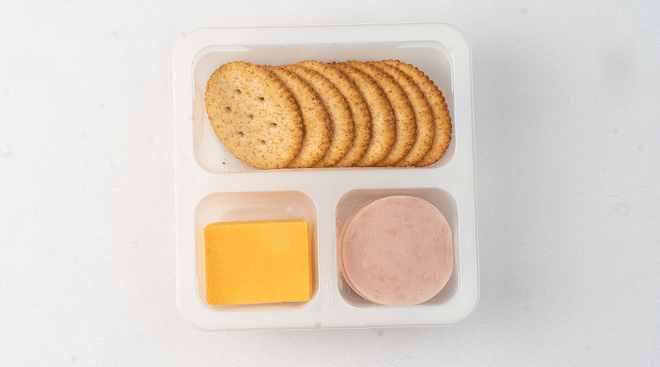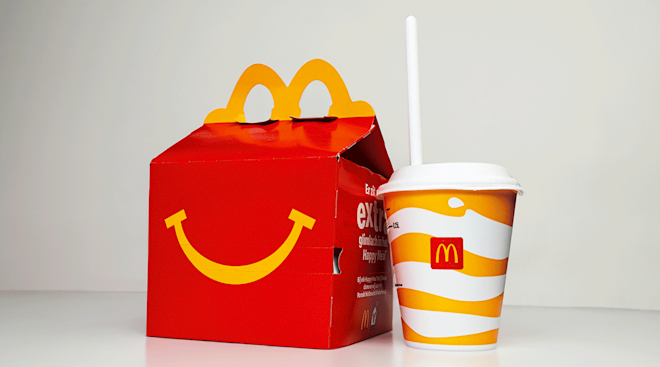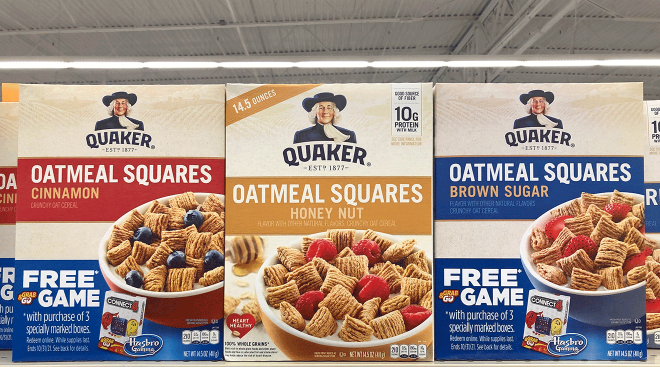Applesauce Pouches Tainted With Lead Sicken Over 50 Children, FDA Says
Over the past few years, fruit puree pouches have skyrocketed in popularity. You can find different flavors and brands in lunchboxes across America, on the sidelines at sporting events and in the car for an after-school snack.
But the safety of these popular pouches has recently been called into question. Just a little over a week after WanaBana recalled its apple cinnamon fruit puree pouches due to elevated lead levels, two more companies have been forced to recall theirs due to the same issue.
As the Food and Drug Administration (FDA) continues its investigations into applesauce pouches across different brands, it warns parents not to buy, eat, or serve apple cinnamon fruit pouches.
The organization confirms that 52 children under age 4 in 25 states so far have been sickened by pouches contaminated with lead. Despite recalls, the FDA fears pouches may still be on shelves in stores like Dollar Tree. Here’s what you need to know.
What applesauce pouches are being recalled and why?
On November 3, The FDA issued an update of its recall on WanaBana apple cinnamon fruit puree pouches.
In addition to recalling all lot codes and expiration dates of WanaBana’s apple cinnamon fruit puree pouches, the FDA has now issued a recall of certain Schnucks brand cinnamon-flavored applesauce pouches and Weis brand cinnamon applesauce pouches. All three brands are being recalled due to elevated lead levels that could prove dangerous to kids.
The North Carolina Department of Health and Human Services (NCDHHS) first identified WanaBana apple cinnamon fruit puree pouches as a potential shared source of exposure after four children were found to have elevated blood lead levels, indicating potential acute lead toxicity.
As part of their investigation, NCDHHS analyzed multiple lots of WanaBana apple cinnamon fruit puree, detecting extremely high concentrations of lead. The FDA has reviewed and supports NCDHHS’s analytical findings and found that analytical results at this level could result in acute toxicity.
Since the first alert was issued, this investigation has been transferred to FDA’s Coordinated Outbreak Response & Evaluation (CORE) Network for additional follow-up, in collaboration with the Centers for Disease Control and Prevention (CDC).
FDA has identified 52 cases of sickened children under age 4 in 25 states. To determine the source of lead contamination and whether additional products are linked to illnesses, the FDA is conducting an ongoing investigation.
Why should parents be concerned?
Lead is toxic to humans and can affect people of any age or health status. However, studies have shown children under two are especially vulnerable to lead. According to a previous FDA report, low levels of lead exposure in children can lead to “learning disabilities, behavior difficulties and lowered I.Q.” as well as immunological and cardiovascular effects.
What should I do if my child has ingested a WanaBana, Weis or Schnucks pouch?
The FDA urges parents whose children may have consumed a recalled pouch to should contact their child’s doctor about getting a blood test. Lead exposure can only be properly diagnosed via a blood sample.
Symptoms of lead exposure in children may be hard to spot but include headache, abdominal pain and vomiting, with longer-term exposure symptoms also potentially including fatigue, irritability, constipation, muscle aches or a sensation of prickling/burning and more.
How can I protect my child?
If you have recalled pouches in your home, throw them away and do not purchase additional pouches. The FDA is working to remove the products from shelves and track any incidences of lead poisoning. If you want to learn more about the recall or report your child’s symptoms, visit FDA.gov.
Navigate forward to interact with the calendar and select a date. Press the question mark key to get the keyboard shortcuts for changing dates.

































